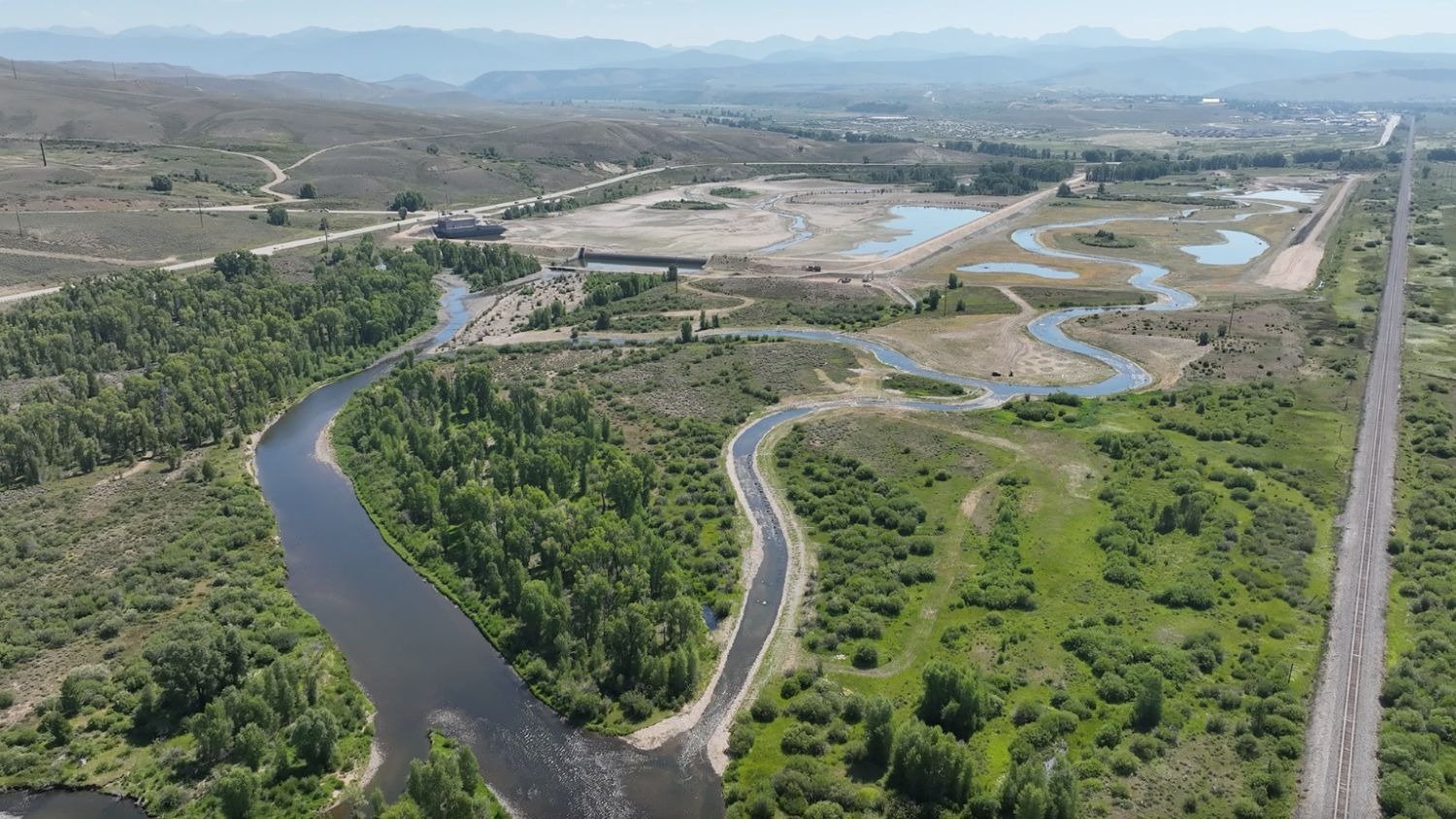By GARY HARMON/The Grand Junction Daily Sentinel
Monday, May 25, 2009
Several sporting and conservation groups put a high priority on winning approval of the Clean Water Restoration Act.
Trout Unlimited, Ducks Unlimited, the Teddy Roosevelt Conservation Partnership and the National Wildlife Federation all list the measure, S 787 by Russ Feingold, D-Wis., as a major issue.
Opponents say the bill is prelude to a federal government overreach.
The bill would expand federal control to all the waters of the United States: interstate waters, intrastate lakes, rivers, streams, wetlands, mud flats, sand flats, sloughs, prairie potholes, wet meadows, playas and natural ponds, as well as tributaries to those waters.
Proponents of the measure say it would restore protections included in the 1972 Clean Water Act, which have since been torn down by court rulings.
The Trout Unlimited Web site said the act “would protect 20 million acres of wetlands and 2 million miles of rivers and streams that have lost protection in recent years because of misguided court rulings.”
http://www.gjsentinel.com/hp/content/news/stories/2009/05/25/052609_2A_Clean_Water_folo.html







